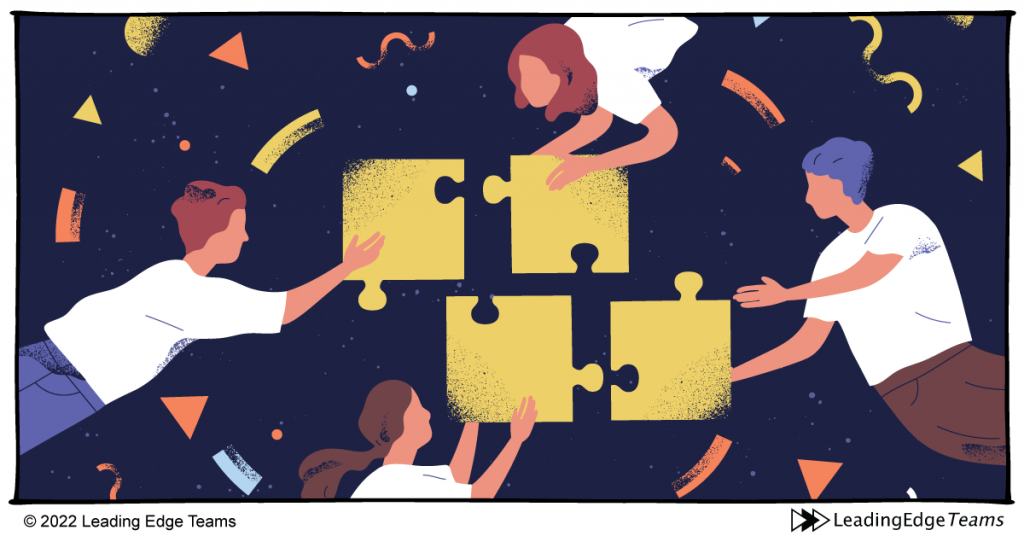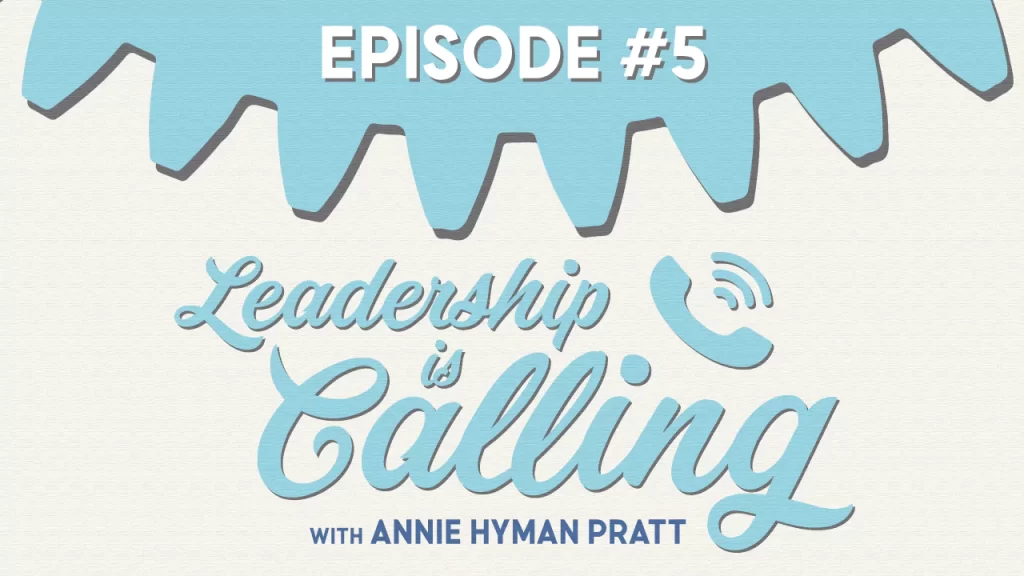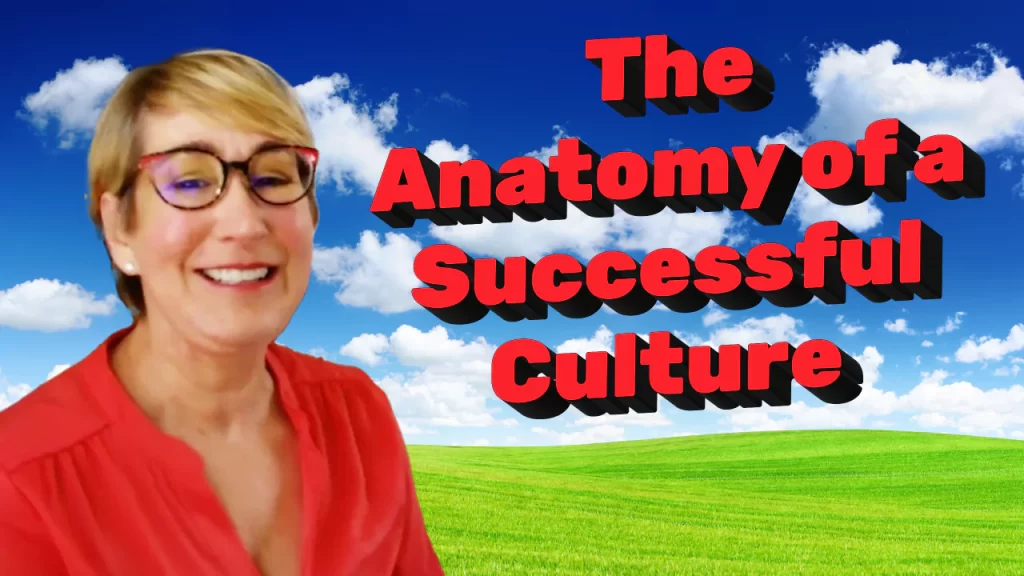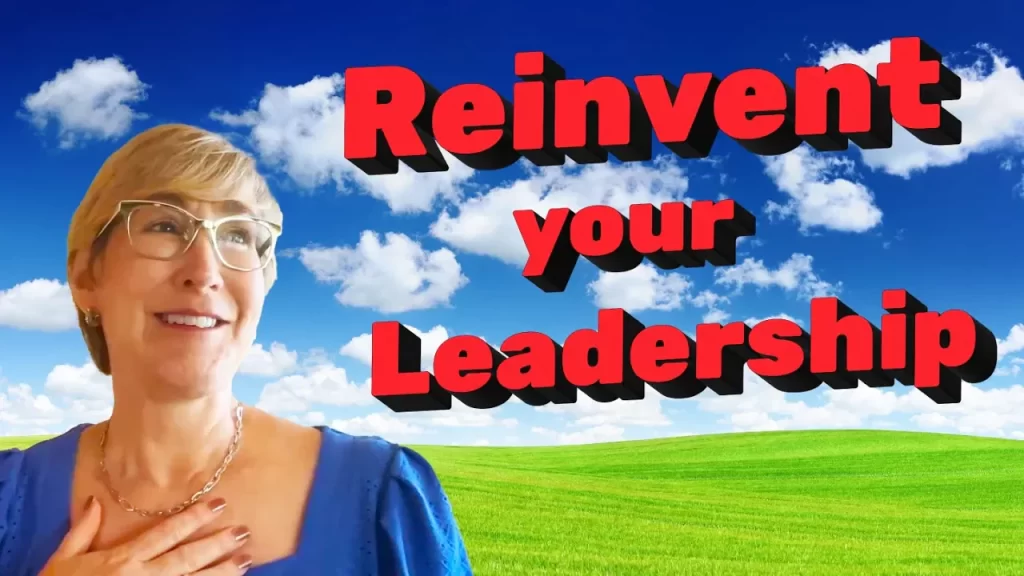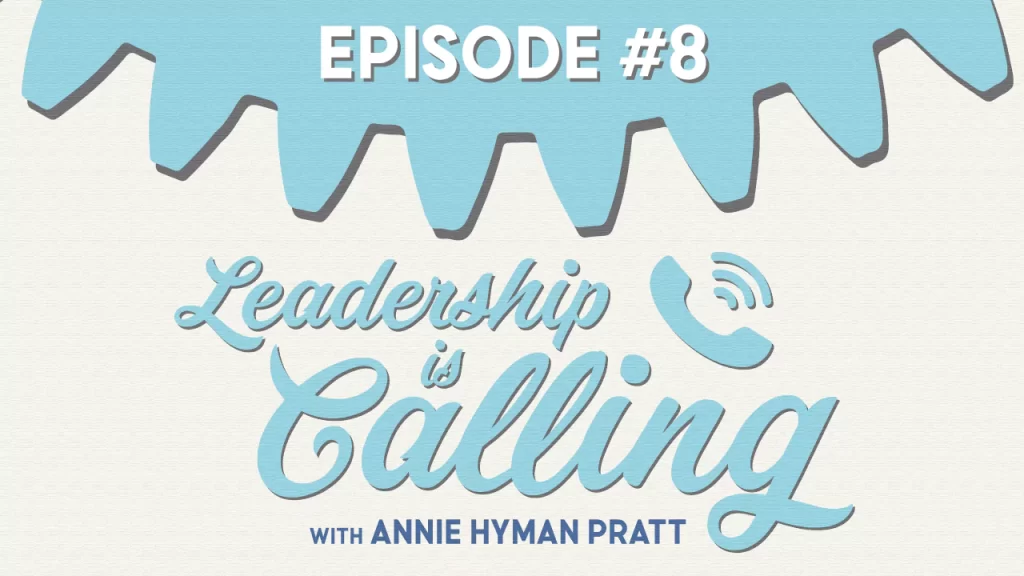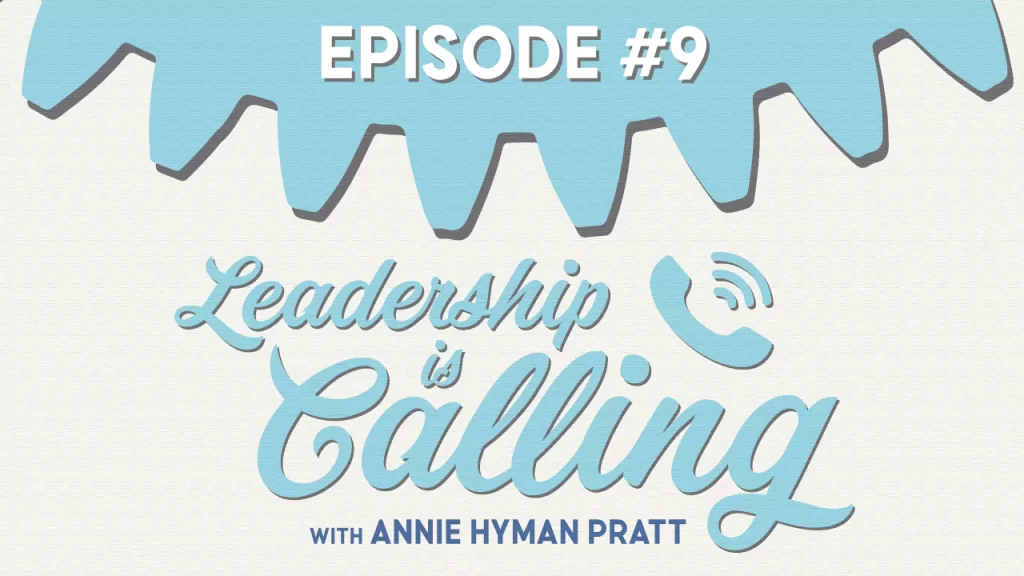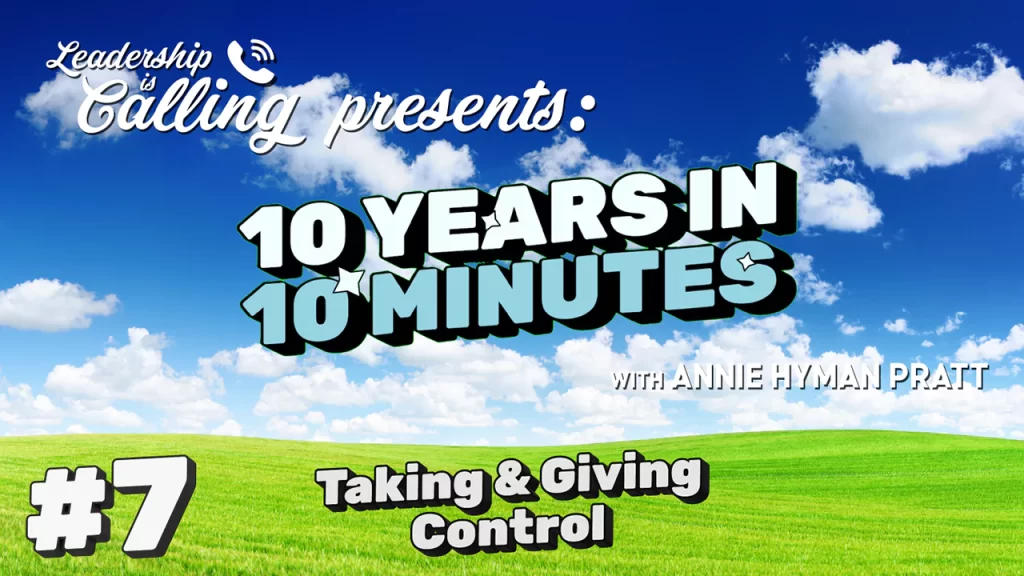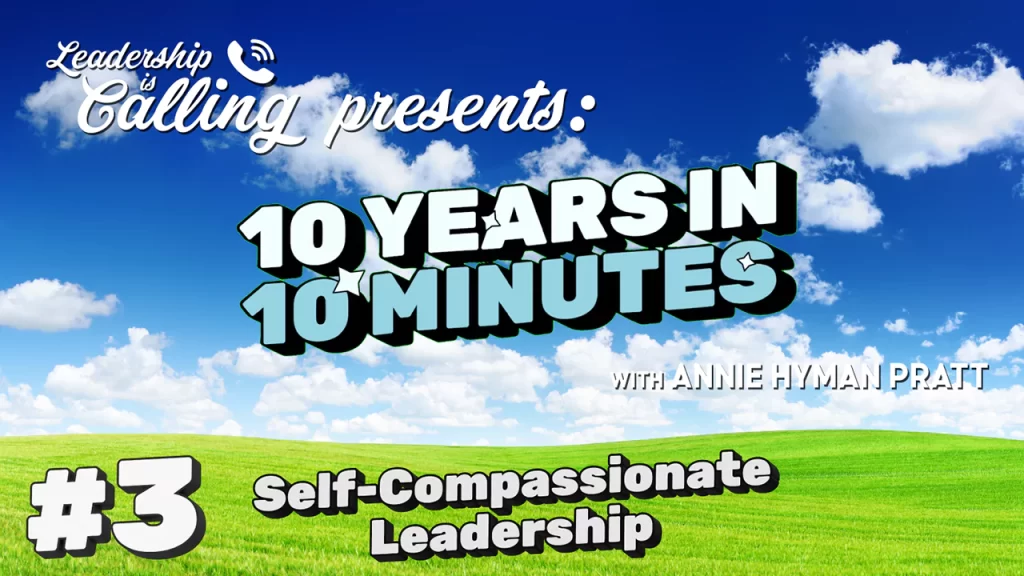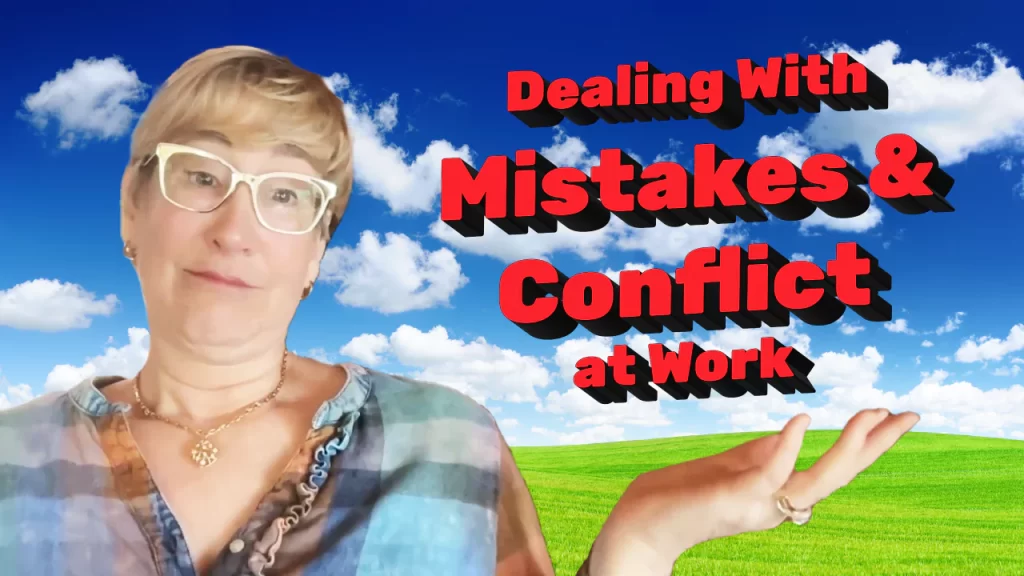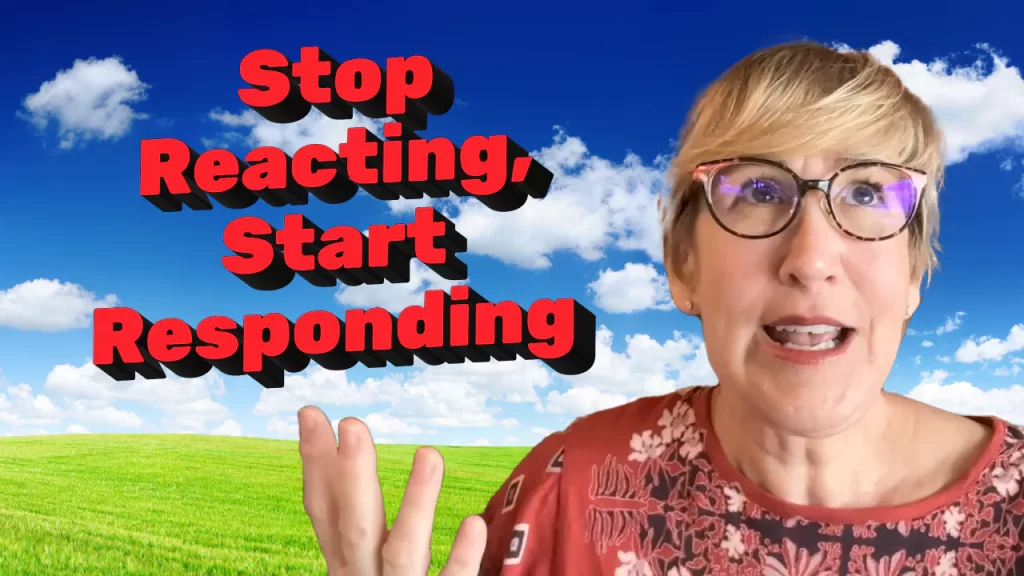Episode #15: Expect the Unexpected
Leadership is Calling Episode #15, 10 Years in 10 Minutes Series #4
Annie Hyman Pratt
- Description
- Transcript
Expect the Unexpected
“Your ability to respond to change is your biggest asset as an entrepreneur.” -Annie
On this episode of Ten Years in Ten Minutes with Annie Hyman Pratt, Annie discusses how to plan for, and even expect, the unexpected in the world around us and how it might affect your business.
Annie discusses preparing for massive change in business. She suggests adopting a mindset of expecting and embracing change rather than being disappointed when things don’t go as originally planned. Annie provides an example from her experience of handling increasing rents and store costs by shifting the business model rather than pushing for unrealistic cheaper locations. The key is to focus on adapting rather than rigidly sticking to original plans. Your main assets as a leader are responding effectively to change and keeping adaptable team members.
Key Points
- Expect massive changes in business
- Adopt a mindset ready for change
- Handle increasing costs by shifting your business model
- Focus on adapting rather than pushing unrealistic results
- Your key asset is responding to change
Related Resources
Leadership Skills: Self-Leadership
Leadership Development Articles: Moving through Change As a Team | Mindfulness and Moving Through Change
Downloadable Leadership Tool: The Secret Recipe to Reverse Burnout and build Emotional Endurance for You and Your Team
Auto-Generated Transcript – unedited version
Expect the Unexpected
So there’s a Bill Gates quote that I love and that I I talk about relatively often with my clients and it is: “We always overestimate the change that will occur in the next two years and underestimate the change that will occur in the next 10.”
Okay, so as entrepreneurs and business leaders, especially the entrepreneurs that I work with, chances are they’ve been in business way less than 10 years, yeah, and and so when I work with those entrepreneurs it’s kind of interesting because they don’t yet have the experience of how much the world really is going to change. And they tend to think about, you know they tend to know well they know it’s going to change, however they tend to think about their business as very much maximizing and making it, you know, more productive, more profitable, better and better than it is right now. Meaning adjusting it to get better and I totally understand that because it was the same for me when I was the CEO of the Coffee Bean.
Right, and when I became the CEO of the Coffee Bean it was during what I call the beverage revolution. It was a time where people learned what a latte was, they learned about espressos and cappuccinos and that they should want a cafe mocha on the way to work, that they should not be making, you know, coffee at home anymore, that was boring. You stop on the way to work and you get a really fancy drink, okay? So it was a great time in those early days of the business. We really worked on making the beverage part work better, right? Of course we needed to serve drinks faster, we expanded our menu of drinks, we got better and better at, you know, at delivering um just you know consistent quality. Okay, all those things were super important. Okay, and at that time I certainly wasn’t thinking about how much things were going to change in 10 years. I was really concerned about just what was happening today, alright?
And I find that with most business leaders. So I think the problem with that, the problem with not understanding that things will change a ton in 10 years, and this is the part that took me more than 10 years to understand, is that by not understanding that concept as an entrepreneur or a business leader you adopt the wrong mindset and you become continuously disappointed when the world starts to show up way differently than you had hoped.
So an example of that in Coffee Bean is in the early 90s opening a new store was pretty inexpensive, it was like a hundred thousand dollars and the rents were really cheap, okay? By 1998 or so the rents had gone crazy and so how the store building costs, right? And if you had, you know, told me in 1992 that the cost of a store was going to triple, to go from 100 to 300 grand, and that the rents were gonna more than quadruple I would have said there’s no way. Well guess what? Way. And if I had the issue with not understanding how much things were going to change is that I kept pushing for unrealistic results.
That instead of looking for solutions that would work I was pushing on solutions that were like pushing a boulder uphill, you know, like let’s find cheaper locations, right? As if, you know, let’s negotiate better with these landlords. Okay, landlords know what they have, you know? You know, I don’t know if anybody has, you know, tried to negotiate even just their, you know, rent on an apartment or whatever it’s pretty hard. They know what they got and so what I needed at the time was to not be upset about all those increasing costs and to look for cheaper and cheaper places. That was not the answer and in fact when we opened stores in cheaper places guess what? There were less people there. Just they, the stores weren’t as good, not even near as good.
And so what I needed to be looking at was how can we shift this business model so that it can handle more expensive rents, right? What are we going to do so that we, you know, we can make good money on a store that costs a lot more? How are we going to shift this business model so that we, you know, we don’t serve, I don’t know, 100 people an hour but we serve 300 people in an hour? How are we going to do that? Those are the problems that we needed to be thinking about solving and not the ones like, oh my gosh, you know, the price of milk went up. Let me figure out how to use less milk in our drinks. Like that, it’s just that those kinds of things don’t work and it’s the expectation that things won’t change as much as they are that really sets us leaders and entrepreneurs up for being continuously disappointed.
So I, I want to, you know, want everybody instead to adopt the mindset of knowing everything’s going to change. So so so many things are going to change in 10 years and every time you start to come across one of those that are pretty big, the way to think about it is well here it is now, how should we handle it? Not thinking oh my gosh this was not supposed to happen. Like here it is and because at the end of the day what you have as an entrepreneur and a leader is your ability to respond to change. That’s basically your biggest asset over time, your ability to handle change and work with it, is the most important leadership skill that you’ll, you know, that that you can possibly have and to keep the people around you who can help you do it.
To learn more about this episode’s topic pick up a copy of my book The People Part.

